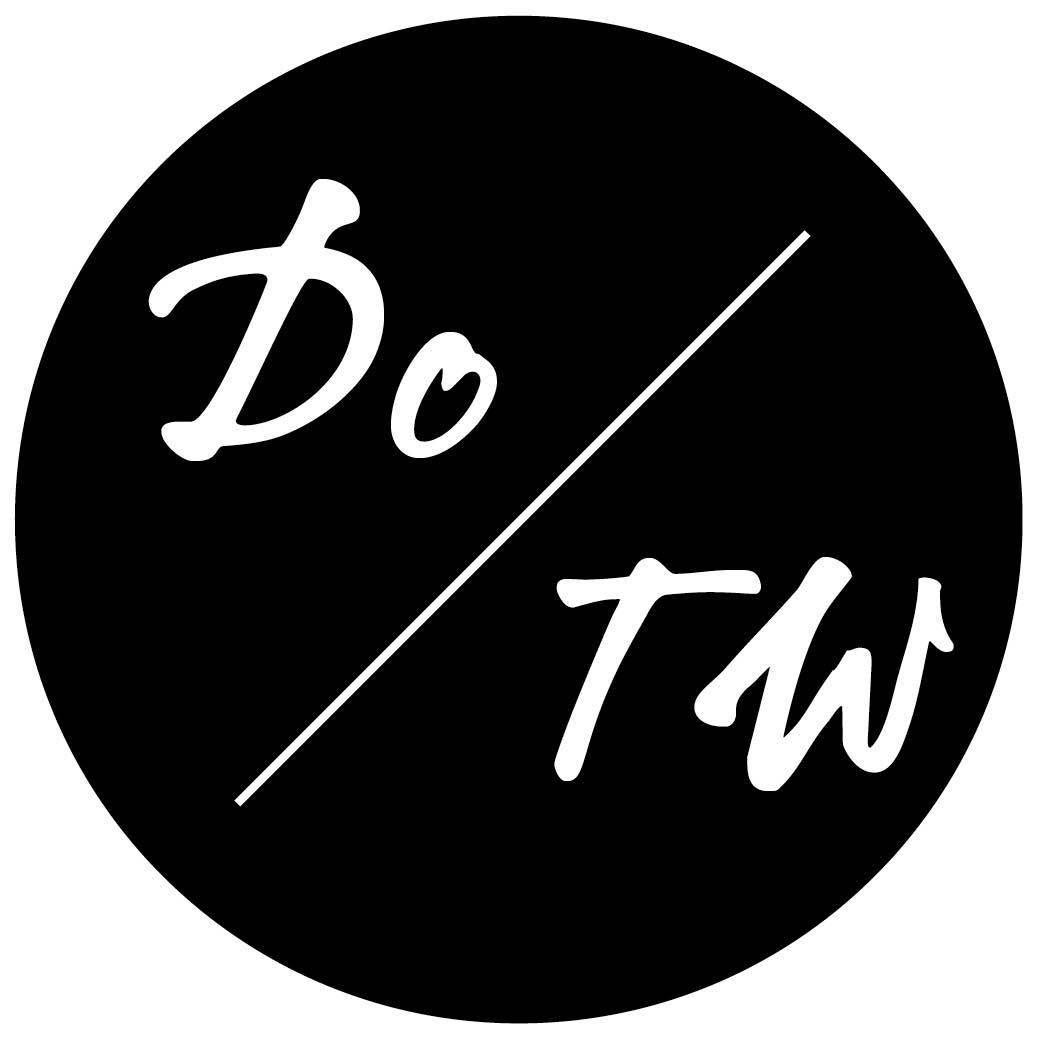All Posts in Category: Coaching For Professional Writers
Join Us This Week for Free Travel Writing Lessons on Making Money with Content Marketing and Managing Your Time and Travel Goals
In the two years since we began running regular one-hour travel writing classes, we’ve covered more than 80 topics, including:
- how to land free trips
- how to get paid really, really well for your writing
- how to get on magazine editors’ good sides
- how to navigate every step of the process to land travel content marketing work, including phone calls and proposals
- how to keep your hourly rate down so your bank account goes up
- how to get work done on the road
- how to write, step-by-step, 15 different types of travel articles
- how to land guidebook and other traditional publishing deals
You can grab access to all of our past webinars (and a ton of other resources you can’t find anywhere else) with a subscription to our Dream Buffet or grab them one-by-one when you need them in our On-Demand Webinar Library for a set with the video, audio, transcript, and slides.
But we also air a free replay of one of our travel writing classes each and every weekday.
12 Days of Holiday Specials Day 4: Four Days of Our Favorite Travel Conference

Today’s holiday trivia: December 29 is the main official holiday in Mongolia, marking the day the country obtained independence from China in 1921. To commemorate the holiday, Mongolians hold the largest wrestling match of the year. In Mongolian culture, wrestling is one of their “three manly skills,” the English name for the trifecta of wrestling, archery, and horsemanship. Wrestling is regarded as the most important of the three, and it is said that Genghis Khan considered wrestling to be an important way to keep his army in good physical shape and combat ready.
Today’s holiday special is very different than anything we’ve offered in the past. You don’t actually even pay us for it!
12 Days of Holiday Specials Day 3: Three Days of Personalized Travel Writing Retreat

Today’s holiday trivia: As part of the Feast of the Holy Innocents, December 28 is a day for pranks (similar to April Fools Day in North America) in Spain and Latin American countries. Pranksters or “inocentes” trick their friends and family; even newspapers, radio and TV stations have been known to participate by providing false stories.
The town of Ibi in Alicante, Spain, celebrates the festival of Els Enfarinats each year, as well, with participants in the day-long festival dressing in mock military uniforms and staging a mock coup while a band of street musicians tour the city. The “military” exercise their authority under a blaze of fireworks, flour bombs and eggs, surrendering at the end of the day with a traditional dance.
12 Days of Holiday Specials Day 2: Two Private One-on-One Coaching Sessions

Today’s holiday trivia: Continuing our look at holiday traditions around the world, we travel east for a very different type of holiday. As a secular, communist country, North Korea has a different take on holidays than many societies. Its 71 official holidays include Sundays, for instance, and many holidays are based on birthdays of the party leaders and founders. Today North Korea celebrates its Constitution Day, for which the state provides rations explicitly for the holiday feasts.
When we surveyed you guys to see what you’d most like to see in our holiday specials, one of the things that came up again and again was opportunities for one-on-one coaching!
Since I’ve finished my coaching certification this year–which was a very eye-opening experience that I wish more people who offer business “coaching” would do–I’m even more excited than ever to work with you one-on-one to move your career forward.
A Quick, Easy, Empowering Weekly Accountability Check-in for Freelance Writers

How responsible do you feel to your freelance writing goals?
The answer I often here is some variant of “not very,” typically centered around all of the other factors that are in the way.
I ask because the word “accountability” gets through around a lot–on social media, in face-to-face discussions with other writers, and especially on coaching calls.
So I looked it up to dig into what accountability is meant to mean.
Join Us at Early-Bird Prices for Our Winter Retreats to Up Your Skills, Surround Yourself with Other Hard-Working Travel Writers, and Spend the Winter Somewhere Cozy

Our retreats at our private location in New York’s Catskill mountains are not conferences. They aren’t workshops. And they aren’t classes. They’re retreats.
We’ve decked out the space with everything you need to get your focused-writer on, including:
- workplaces for all moods, from desks with huge windows looking out on nature to comfy, sink-in chairs for snuggling in to couches piled with pillows and blankets (hey, it’s winter!) and an actual pub
- thousands of magazines to get your pitch-idea juices flowing and inspire you with top-tier writing
- hundreds of books on the craft and commerce of writing along with the tomes from the top travel writers in the world to help un-stick your writers block
- all of the coffee, espresso, and tea
And you experience all of those things whenever you want on your own with our Creative Residency Program.
So when we do a retreat, we kick things up the personalization in five big ways:
- All of our retreat content is focused on exactly where you are. I literally present the programs differently each and every time, taking into account the skill and travel knowledge backgrounds of each individual present that week or weekend.
- Our retreats are kept uber-small so it’s not possible for you to get lost along the way. This group size allows me to constantly check in that the concepts we’re discussing are hitting home with each and every person there, and revisit, re-explain, or further break things down so that each person moves through the content with the group. No writer left behind.
- You get one-on-one time to dig really deep down into what YOU are stuck on. In each of our weekend and week-long retreats, you get one-on-one time (typically two one-on-one) to make massive progress quickly, in the middle of our educational content, so that we can slough off wherever you’re stuck and get you charging through to completing your goal for the week or weekend.
- We focus on the experiential. As we move through the information covered in each event–whether focused on building your business, working with magazines, learning how to be a travel writing in the field, or building your own travel content marketing gigs–we heavily alternate between hearing, doing, and discussing. In medical school, they have an maxim, “See one; do one; teach one,” that allows them to level up their students quickly through difficult tasks, and we give it the travel writing treatment. If I were to just teach you what to do and let you go home and (hopefully find the time and then) try it, you would never making nearly as much progress, if any at all, as you do by hunkering down to give something a try right away and then discussing what did and didn’t work and why so you’re prepared and patterned with how to do something the right way when you do get home.
- You learn from a multitude of experiences. While we alternate learning by knowledge acquisition (listening) and learning by doing (exercises), the sharing time our small group size allows is also a crucial part of expanding your horizons and sparking new ideas. As you listen to how your peers have dug differently into the exercises based on their life, work, and travel backgrounds, your pre-conceptions about how things should or need to be done will naturally expand, showing you more ideas for yourself that fit you.
We’ve currently got early-bird pricing (more than 25% off!) for four of our events coming up this winter.
Why I Got Certified as a Business Coach and What it Means for You

Since I started pursuing professional coaching certification in March, I’ve had many conversations with other business coaches and aspiring coaches, and they often ask me the same question:
Why did you decide to get certified as a coach?
They’re asking me, though, because they don’t think that I needed to do the program.
Most of the business coaches that I’ve met started their coaching certification before they left their previous positions to pursue coaching. Before they even had their first coaching client or conversation.
Typically before they have any idea who they will coach, how, or why.
In their eyes, they needed to have the certification under their belt to begin the process of building a business around their coaching.
So, when these other coaches or coaches-in-training see me with this little fledgling business that I’ve spent the last two years busting my butt working 16 hours every day to build, it looks like I have what they think that coaching certification will bring them.
Need a Getaway to Get Things Done? Summer and Fall Catskills Writing Residency Dates Available!

If you have never tried it, the short-term (s*ht gets done) and long-term (you can 30,000-foot perspective on how you spend your time and what you’re really doing with your travel writing) benefits of taking an individual writer’s retreat are addicting.
At a conference recently, I heard author, restaurateur and actor Madhur Jaffrey explaining that she doesn’t know how her recent book would have gotten done if she hadn’t spent a week more or less in bed surrounded by papers working and sleeping in equal fits, problems immersed in the text of her project.
But even if you’re not working on something on the scale of a book currently, a residency can also guide you to what it is you should be investing your time in more deeply, as this peek at the famed MacDowell residency explores:
Our On-Demand Coaching Concierge Now Has Answers to More than 300 of Your Top Travel Writing Questions!

Before there was Dream of Travel Writing or even The Six-Figure Travel Writing Road Map, there were questions.
I’ll never forget the time I was sitting in a room at the World Travel Market in London after one of the panels had finished up catching up on email, and a British gentleman came up and started chatting with my about what I did.
It was quite a few years ago, long before I ever even considered writing about freelancing, let alone coaching freelance business owners.
We were talking about what I did, and the conversation took a turn that it frequently did back then: a bit of puzzlement when I said that, yes, I was a blogger, but, no, I could not tell him what my blog was. I was a freelance blogger.
So I told him my mantra back then: “If I’m not getting paid, why would I write something?”
Is Working on a Guidebook Really as Hard as It’s Made Out to Be?

When The Six-Figure Travel Writing Road Map first came out, weighing in at more than a pound and featuring nearly 400 pages covering every facet of the travel writing life from the schedule to the rates, the negotiating tactics to lists of hundreds and hundreds of magazines to target, and templates for everything from pitches to mapping out your best writing hours, a lot of people asked me how long it took to write.
Typically, these people were:
(a) not full-time writers, and/or
(b) not people who had ever written a book-length work

